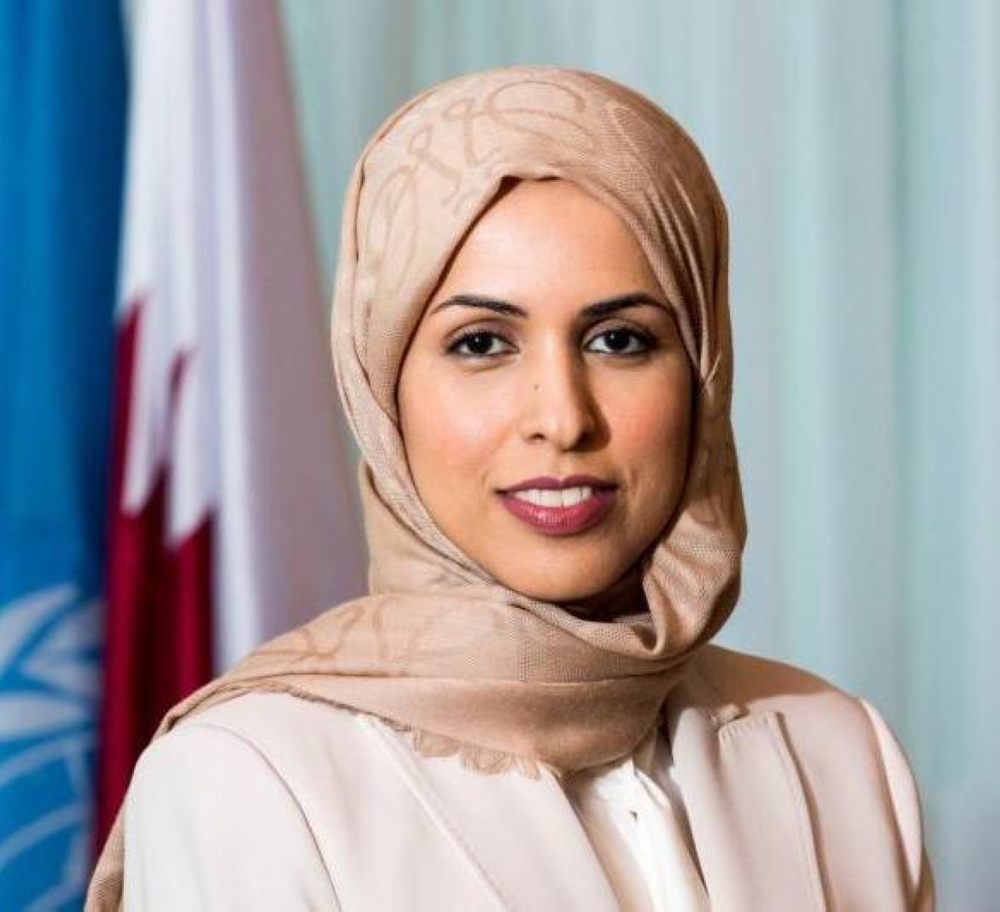Qatar has called for strengthening multilateral action in order to address current issues and challenges that threaten global peace and security, stressing the need to build a more equal, resilient and sustainable world, within the framework of the central and vanguard role of the United Nations. This came in Qatar's statement given by HE the Permanent Representative of Qatar to the United Nations Sheikha Alya Ahmed bin Saif al-Thani before the UN Security Council session held on 'Maintenance of International Peace and Security: A New Orientation for Reformed Multilateralism'.
The member states agreed to support the continuous reform efforts by the Secretary-General of the United Nations, and to commit to injecting new spirit into the discussions on the reform of the Council, and to continue working to revitalise the General Assembly, in addition to strengthening and reforming the Economic and Social Council, she said. HE Sheikha Alya reiterated Qatar's assertion that the 2030 Agenda for Sustainable Development is the most comprehensive vision and strategy yet to eradicate extreme poverty and reduce inequality.
Regarding the collective security reform of the United Nations specifically, HE Sheikha Alya called for investment in preventive efforts and peacebuilding at the local, regional and international levels. She also noted the importance of smart and preventive investments to address the underlying drivers that underpin conflict more than ever before, emphasizing the need for a strong peacebuilding commission, staffed with employees supported by adequate, stable and predictable funding. There is an urgent need to adopt the values of justice, the rule of law, equality, human rights, sustainable development, environmental preservation and international co-operation, she added.
HE Sheikha Alya expressed Qatar's hope that the UN Security Council would have an effective role, stressing the importance of reform as an urgent priority more than ever. The success in the comprehensive reform of the United Nations depends mainly on the reform of the Council, as it is one of the main pillars of the international organisation, she underlined.
The course of the governmental negotiations on the reform of the Council, which HE Sheikha Alya had the honour of managing in partnership over the past two years, is considered one of the most important tracks of the UN governmental negotiations, and with the difficulties that the track faces, "we were able, with the support of member states, to make progress in the context of reducing differences and strengthening aspects of agreement," she said.
The delay in the reform process calls for new thinking to accelerate the achievement of the desired goal, in order to agree on a combination of proposals that achieve the required balance in the new council, she stressed. She warned against limiting the reform process to only one aspect and ignoring the other elements, given that the five elements of the reform process are interrelated in accordance with General Assembly Resolution No. 62/557, and stressed the necessity of adopting the principle of equality among all countries in the decision-making process in the Council. (QNA)

